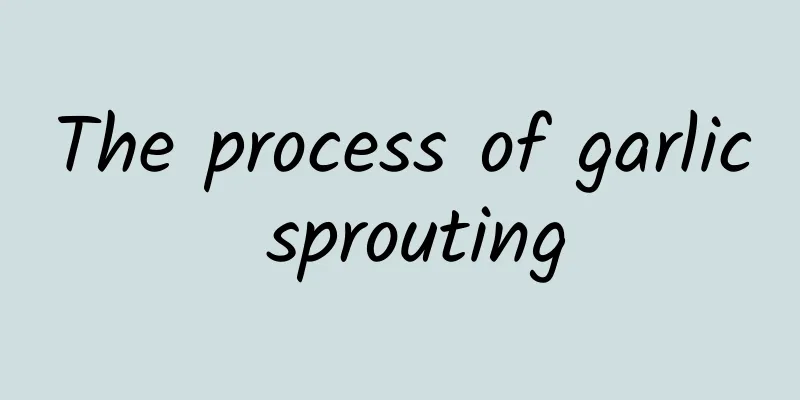Can roses be grown in leaf humus and sandy soil? (Precautions for growing roses in leaf humus)

|
Roses should be planted in a place with sufficient sunlight, dry ventilation and good drainage, and the soil should preferably be fertile and deep sandy soil. Although roses are not very demanding on soil, loose, fertile, organic-rich, slightly acidic, and well-drained loam is more suitable. Is leaf mold plus river sand suitable for growing roses?Roses have a strong ability to adapt to soil, and most soils are suitable. On the one hand, the soil for potted roses must ensure a certain degree of water permeability and air permeability. Such soil is more conducive to the growth of the root system and should not cause waterlogging and root rot. At the same time, the soil must have a certain ability to retain water and fertilizer. Because roses grow fast and have a large demand for water and fertilizer, they require sufficient supply of water and fertilizer. Based on the above two considerations, it is not suitable to plant roses with leaf mold and river sand. Leaf mold and river sand have good water permeability and air permeability, but their ability to retain water and fertilizer is insufficient. We need to add some garden soil with stronger water and fertilizer retention capabilities to mix it, which will be a more ideal soil. I usually prepare these three substrates in a ratio of 3 parts garden soil, 1 part leaf mold, and 1 part river sand. Pay attention to sterilization of leaf humus before planting rosesWe dig leaf mold from the wild, usually under the woods. Leaf mold is loose and breathable, and is a reasonable substrate for potted flowers. However, leaf mold contains a lot of insect eggs, bacteria, and grass seeds. The leaf mold that is dug directly back needs to be processed before use, that is, sterilized. There are many methods of sterilization and disinfection. Generally, you can put it under the sun for a few days to kill some germs and insect eggs, but you can't kill the grass seeds. However, the presence of grass seeds is not a big deal. You can just pull them out later. If you want to thoroughly sterilize and disinfect, even the grass seeds, there is a way, but it is more troublesome. You can boil the leaf mold in water and then dry it, which is more thorough. |
Recommend
What causes meat to become soft?
1. Frostbite 1. Reason: Most succulents prefer wa...
How to grow Xie Zhaolan
Xie Zhaolan Orchid Growth Conditions Xie Zhaolan ...
What to do if the Golden Tiger Cactus turns yellow
1. Excessive watering Symptom analysis: If the Go...
How often should I change the water for hydroponic hyacinth?
1. Frequency of water changes When doing hydropon...
What soil is suitable for planting fortune trees?
Soil for fortune tree The money tree likes acidic...
How to care for wintersweet after it fades
1. Watering in time Domestic wintersweets are gen...
Gardenia cutting propagation methods and precautions
Introduction to Gardenia Propagation Cutting prop...
Side effects and contraindications of Houttuynia cordata
1. Side effects and contraindications of Houttuyn...
Common diseases of Clerodendrum thomsoniae and their control methods
Common diseases of Clerodendrum thomsoniae: leaf ...
How often should I water my indoor green radish?
How often should I water my indoor green radish? ...
What to do if the leaves of bougainvillea turn black
1. Excessive watering If you always water it with...
What is the effect of monk fruit? Can it relieve cough?
1. Function 1. Medicinal effects: Monk fruit is r...
Which month is suitable for planting shallots?
When to plant shallots Shallots can be planted in...
Mix these two things together and use them to grow Clivia, and the flower buds will appear in winter!
Huahua wants to talk about Clivia today. Clivia i...
What are the best flowers to put in the bedroom?
1. Cactus Generally, plants release CO2 at night,...









